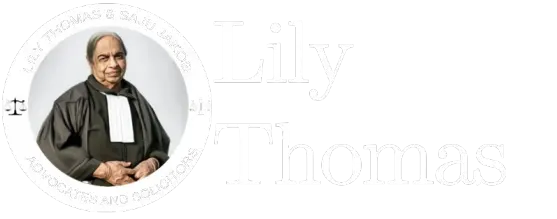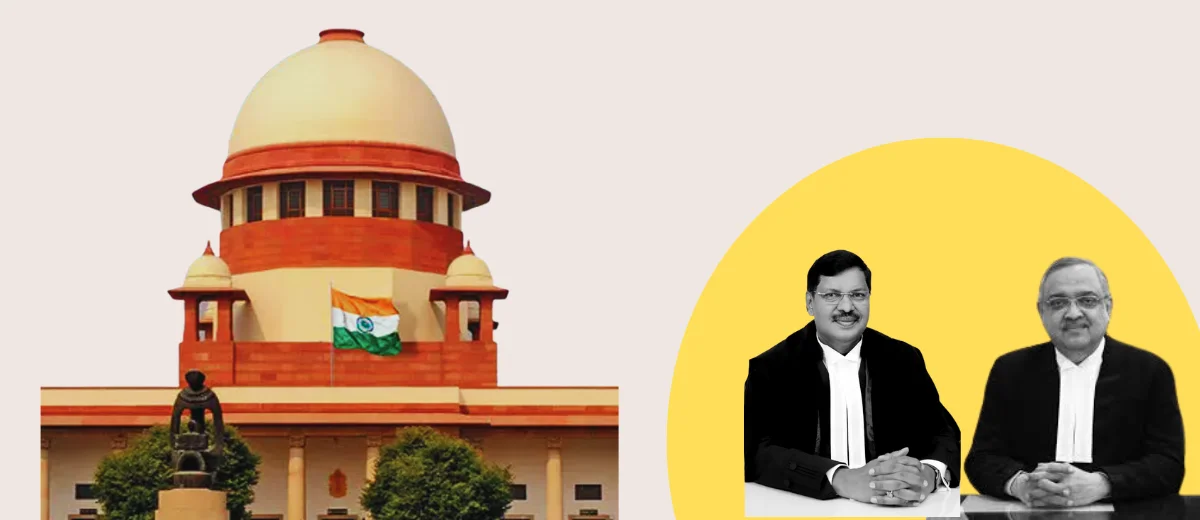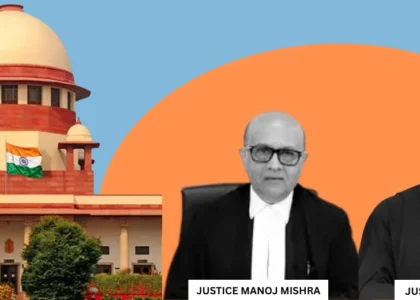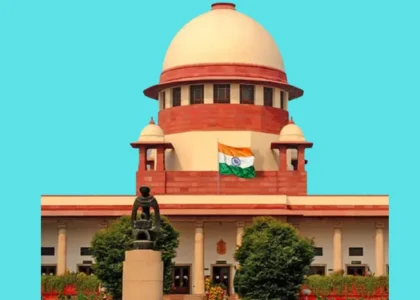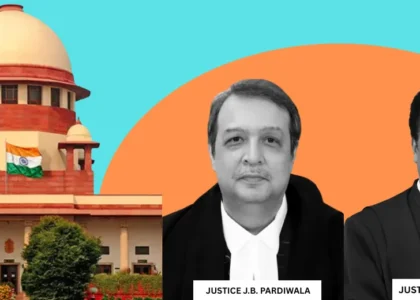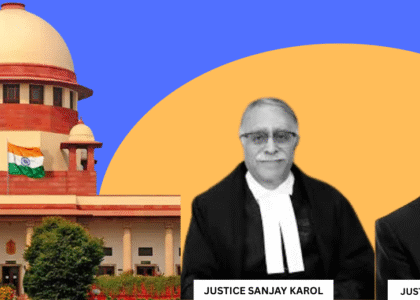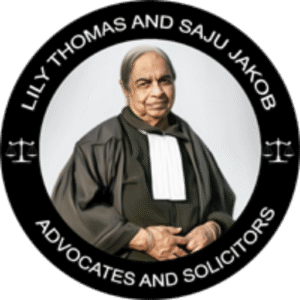Case Title:- Rahul Agarwal vs. The State of West Bengal & Anr.
Citation:- 2025 INSC 1223
Date:- 13.10.2025
Hon’ble Supreme Court Bench :- CHIEF JUSTICE B. R. GAVAI & JUSTICE K. VINOD CHANDRAN.
The Hon’ble Supreme Court held that a Magistrate can direct the collection of voice samples not only from accused persons but also from witnesses. It ruled that such samples, whether voice, fingerprints, handwriting, or DNA, constitute material evidence rather than testimonial evidence, and therefore do not infringe the constitutional protection against self-incrimination under Article 20(3).
- The Hon’ble Court relied upon its previous ruling in Ritesh Sinha v. State of Uttar Pradesh, 2019, which allowed Magistrates to order voice samples even without explicit Cr.P.C. provisions. The Hon’ble Court also noted that Section 349 of the BNSS now expressly empowers Magistrates to record voice samples.
- The Hon’ble Court emphasized that the term “person” includes both accused and witnesses, as the rule against self-incrimination applies to all individuals.
- The case arose from a 2021 death investigation, where a key witness’s voice sample was sought by police to verify alleged threats.
The Hon’ble Calcutta High Court had struck down the Magistrate’s order, citing pendency of the issue before a larger bench. - The Hon’ble Supreme Court set aside the High Court’s ruling, holding that Ritesh Sinha remains binding until a larger bench decides otherwise.
- The Hon’ble Court reaffirmed that giving a voice or fingerprint sample is physical evidence, not a testimonial act, and thus not barred by Article 20(3).

